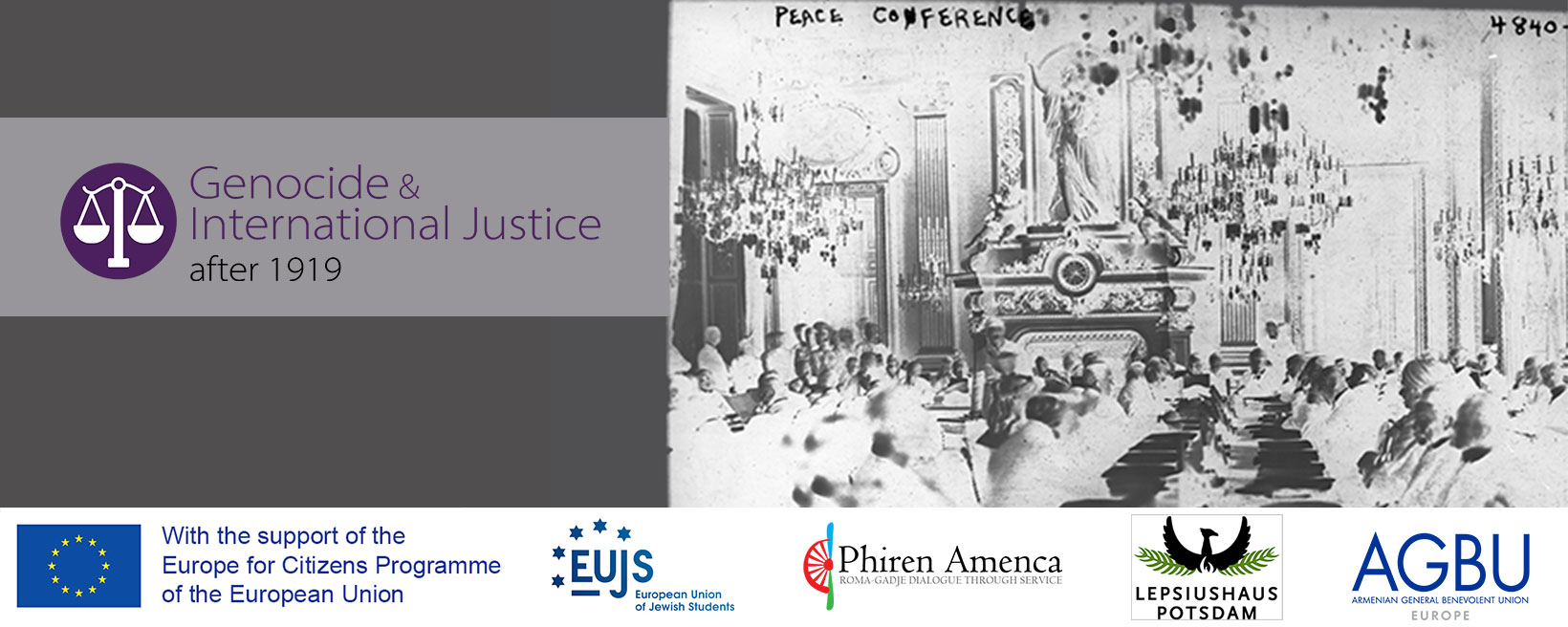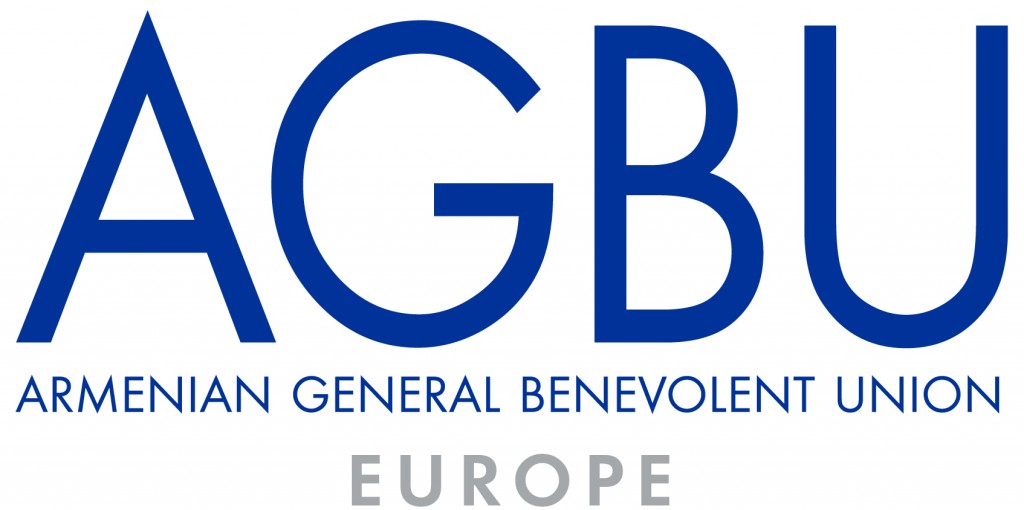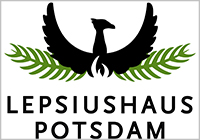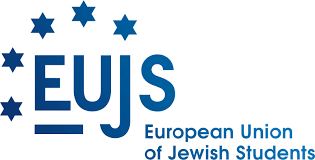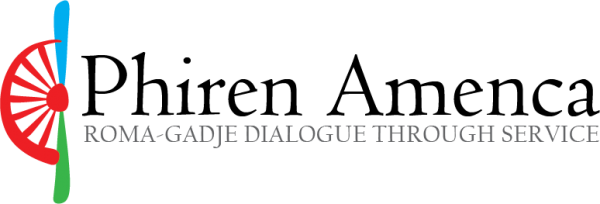Funded by the EU programme “Europe for Citizens”, this project aims to examine the growth of two opposing movement of ideas which emerged after the signature of the Treaty of Versailles in the summer 1919. One movement that gathered momentum advocated for international justice and for the rescue of the victims, especially those of the Armenian Genocide, as the allies established tribunals to try the perpetrators of atrocities and created the first High Commission for Refugees. On the other hand, a contrasting movement set the ideological foundations of the worst atrocities the century was yet to experience.
The project reflects on the interplay of political ideas and history: what lessons do people learn from events? How did the contemplation of the war’s disasters fed the development of such radically contradictory movements?
This exploration of ideological movements past, and of their consequences, is intended to generate a greater understanding of how ideas spread, coalesce and grow into movements, and of the material consequences they can have.
The project features an international conference in Berlin, bringing together key academics in the field to pool the latest knowledge on the subject.
The project also includes the creation of an information pack on the results of the conference, dissemination and discussion events in various European cities, online video interviews of key speakers, an online exhibition and a website presenting the results of the project and providing leads for further information.
Visit the project website at: https://www.genocideandjusticeafter1919.com
To view the “information template” on the implemented activities, please click HERE.
AGENDA
DISSEMINATION EVENT N°1
Potsdam, Germany - 2 June 2021
Venue: Online
Title: “The Rise of International Law: The Talaat Pasha Trial in June 1921”
Speaker & Moderator: Rolf Hosfeld & Roy Knocke
In 1921, the Armenian student Soghomon Tehlirian assassinated the former Grand Vizier of the Ottoman Empire and chief perpetrator of the Armenian genocide, Mehmed Talât. After a cursory two-day trial Tehlirian was surprisingly acquitted by a Berlin court. The trial turned into a tribunal on the victim’s crimes against humanity, and it made legal history. Even Raphael Lemkin, the “founding father” of the UN Genocide Convention, has always referred in his lifetime to this spectacular Berlin trial of June 2-3, 1921 as his initial experience to coin the term genocide. Hannah Arendt cited the trial strategy as a reference in her book Eichmann in Jerusalem. The lecture sheds light on the background of the trial and its impact on the development of international law.
DISSEMINATION EVENT N°2
Paris, France - 3 June 2021
Venue: Online with Memorial de la Shoah
Title: “The Original Sin of Europe’s Dark 20th Century – (Re)Integrating the Armenian Genocide into European and World History”
Speaker & Moderator: Stefan Ihrig & Claire Mouradian
In French & English
Our knowledge of the Armenian Genocide and of what it meant for the world at the time has been expanding rapidly over the course of the last years. As Stefan Ihrig shows it also provoked intense debates in Germany after World War I – to such an extent that we can clearly identify a larger and true genocide debate taking place there over the course of a few years. Many Germans came to the wrong conclusions though: for German nationalists and the Nazis the Armenian Genocide presented core lessons about ethnic policies and the international order. By virtue of its reception and the debates it provoked the Armenian Genocide thus was part of the pre-history of the Shoah. What does this mean for our understanding of the 20th century? In this lecture Ihrig will develop some ideas on how we have to rethink some core notions of the history of the last century.
INTERNATIONAL CONFERENCE
Berlin, Germany - 27 to 29 August 2021
Venue: European Academy
Title: Genocide, Mass Violence and International Justice after 1919
Speakers & Moderators: Hülya Adak, Meinolf Arens, Vicken Cheterian, Michael B. Elm, Olaf Glöckner, Fatma Müge Göçek, Edita Gzoyan, Gerd Hankel, Stefan Ihrig, Hilmar Kaiser, Chalak Kaveh, Roy Knocke, Charlie Laderman, Momme Schwarz, Ronald G. Suny, Melanie Tanielian.
The Treaty of Versailles was signed on June 28, 1919. That summer marked the
beginning of two contrasting historical developments. One movement that gathered
momentum advocated for peaceful international solutions and justice and for the
rescue of the victims, especially those of the Armenian Genocide and other mass
atrocities. First steps of international justice were debated, the first High Commission
for Refugees was created by the League of Nations. On the other hand, a contrasting
moment set the ideological foundations of the worst atrocities the century was yet to
experience.
In this regard, the conference sits at the intersection of two burgeoning fields of
historical inquiry: the history of humanitarianism and international justice, on the one
hand, and the history of political violence and radical political ideology in the interwar
period, on the other. It aims to explore how these contrasting movements were
affected by the atrocities of World War I and by the Treaties that ended the war (from
Versailles to Lausanne), and what part they eventually played in political thinking in Europe.
DISSEMINATION EVENT N°3
Cologne, Germany – 9 September 2021
Venue: DomForum
Title: “The Rise of International Law: The Talaat Pasha Trial in June 1921”
Speaker and moderator: Roy Knocke and Rainer Will
In German
In 1921, the Armenian student Soghomon Tehlirian assassinated the former Grand Vizier of the Ottoman Empire and chief perpetrator of the Armenian genocide, Mehmed Talât. After a cursory two-day trial Tehlirian was surprisingly acquitted by a Berlin court. The trial turned into a tribunal on the victim’s crimes against humanity, and it made legal history. Even Raphael Lemkin, the “founding father” of the UN Genocide Convention, has always referred in his lifetime to this spectacular Berlin trial of June 2-3, 1921 as his initial experience to coin the term genocide. Hannah Arendt cited the trial strategy as a reference in her book Eichmann in Jerusalem. The lecture sheds light on the background of the trial and its impact on the development of international law.
DISSEMINATION EVENT N°4
Milan, Italy - 14 September 2021
Venue: Casa della Cultura
Title: “Telling the truth: Writer Armin T. Wegner and the Armenian Genocide”
In Italian
Speakers and moderator: Johanna Wernicke-Rothmayer, Marcello Flores, Michele Wegner and Pietro Kuciukian
Quest’incontro si concentra sulla figura di Armin T. Wegner, uno scrittore e poeta Tedesco che fu anche un importante testimone oculare del genocidio armeno nel 1915-1916. Le foto scattate da Wegner sono considerate l’archivio visivo più attendibile del genocidio degli armeni. In qualità di scrittore Wegner ha anche dedicato la sua vita a denunciare l’ingiustizia, a difendere i diritti umani e sopprattutto a dire sempre la verità.
DISSEMINATION EVENT N°5
Valence, France – 7 October 2021
Venue: Centre du Patrimoine arménien
Title: “Guerre, Génocide et Mémoire dans le Moyen-Orient Aujourd’hui”
In French
Speaker and moderator: Vicken Cheterian and Laure Piaton
La Première Guerre mondiale a transformé l’ensemble de l’espace que l’on appelle aujourd’hui le Moyen-Orient, dans sa configuration sociale, ethnique, religieuse et linguistique. Elle a également transformé ses institutions politiques, les régimes impériaux fondés sur la religion ayant fait place à l’établissement d’États-nations laïques. Les violences de masse de la Première Guerre mondiale ont également créé une “culture politique” au Moyen-Orient qui, longtemps, a mené celui-ci vers la censure, l’oubli et enfin le déni de son propre passé.
Cet oubli volontaire de l’histoire et des violences passées n’est pas sans lien avec les luttes politiques actuelles au Moyen-Orient.
Lors de cette conférence, l’analyste politique Vicken Cheterian présentera cette histoire du Moyen-Orient qui reste actuellement à être remémorée. Il mettra en avant à quel point les événements de la Première Guerre mondiale demeurent aujourd’hui pertinents sur le plan politique, en particulier en ce qui concerne la Turquie, la Syrie et l’Irak.
DISSEMINATION EVENT N°6
Brussels, Belgium – 9 December 2021
Venue: House of European History
Title: Fridtjof Nansen and the European Plight of Statelessness in the Interwar Period
Speaker & Moderator: Roy Knocke and Olaf Glöckner
Fridtjof Nansen (1861-1930) was an exceptional European figure. As a scientist, adventurer and polar explorer he made a name for himself early on. In the final decade of his life, Nansen worked for the League of Nations and received the Nobel Peace Prize in 1922. He was a central figure of tackling the European refugee crisis after the decline of the multi-ethnic Ottoman, Romanov, Habsburg and Hohenzollern empires. The lecture sheds light on Nansen merits during the interwar period and its impact on the history of humanitarianism.
—
To read the project summary, please click HERE.
For further inquiries, please write to: europe@agbu.org

